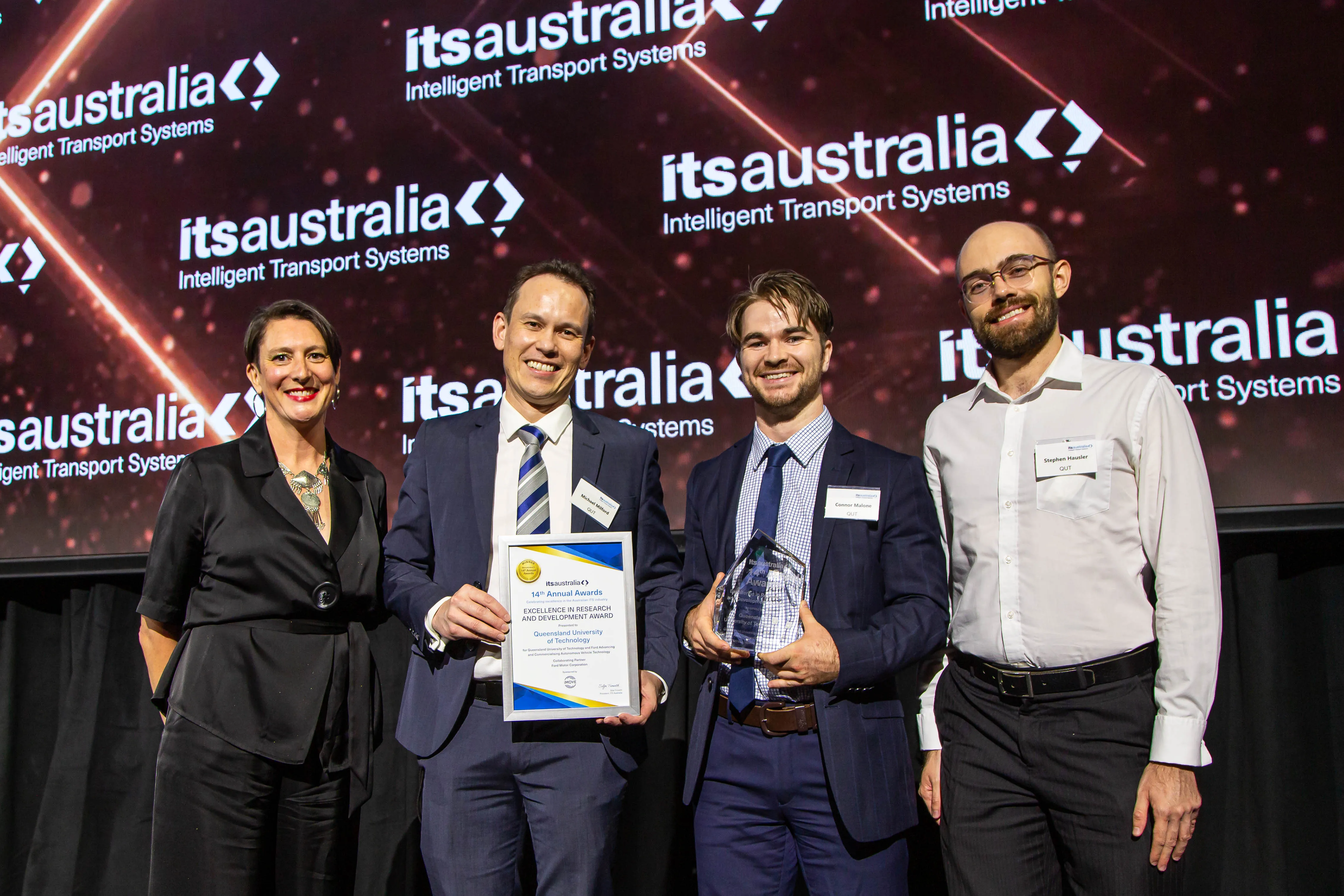Founded in 2011, Ola has expanded through investing in partners and equipping them with tools, skills and incentives to provide a high-quality service. In addition, it has also collaborated with governments and communities to help solve local transport issues.
Commercial operations are currently subject to necessary regulatory approvals.
Bhavish Aggarwal, Ola’s co-founder & chief executive officer, said: “We are very excited about launching Ola in Australia and see immense potential for the ride-sharing ecosystem which embraces new technology and innovation. With a strong focus on driver-partners and the community at large, we aim to create a high-quality and affordable travel experience for citizens and look forward to contributing to a healthy mobility ecosystem in Australia.”
Ola’s ride sharing service plans to enter Australia
India-transportation platform Ola has announced it will bring its driver-partner approach to ride-sharing to Australia with the intention of providing an alternative mode of transport. It is now inviting private hire vehicle owners in Sydney, Melbourne and Perth to learn more about driving and registering by visiting its website.
Founded in 2011, Ola has expanded through investing in partners and equipping them with tools, skills and incentives to provide a high-quality service. In addition, it has also
February 6, 2018
Read time: 2 mins
India-transportation platform Ola has announced it will bring its driver-partner approach to ride-sharing to Australia with the intention of providing an alternative mode of transport. It is now inviting private hire vehicle owners in Sydney, Melbourne and Perth to learn more about driving and registering by visiting its website.










